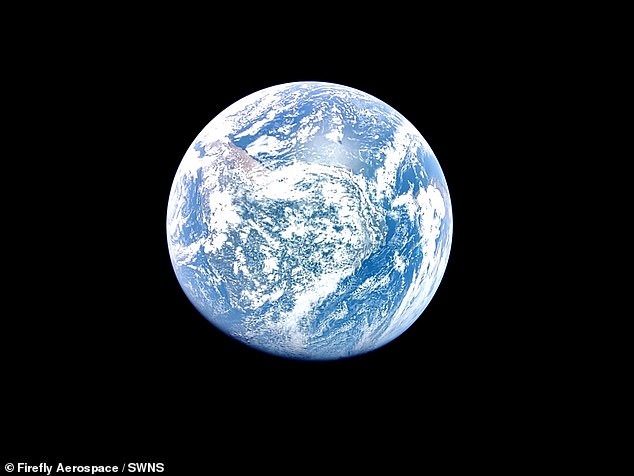
Scientists Discover Water Originated Billions of Years Earlier Than Previously Thought
The Cosmic Origin of Earth’s Water: Born in Supernova Explosions
[Image: Earth’s oceans]
While 70% of Earth’s surface is water, scientists have long puzzled over its origins. New research proposes that water formed in the aftermath of supernova explosions just 100–200 million years after the Big Bang—far earlier than previously thought. This discovery, led by the University of Portsmouth, suggests life’s essential ingredients existed billions of years before Earth.
The Birth of Water
Water (H₂O) requires hydrogen and oxygen. Hydrogen emerged minutes after the Big Bang, but oxygen formed much later in stars. When the first massive stars exploded as supernovae, temperatures reached 1.8 billion°F, fusing hydrogen and helium into heavier elements like oxygen. As debris cooled, oxygen mixed with primordial hydrogen, creating water molecules in dense molecular clouds.
[Image: Crab Nebula supernova remnant]
“Water was probably a key constituent of the first galaxies,” says study author Dr. Daniel Whalen. These dusty clouds, enriched with water, likely seeded the earliest planets.
Simulating Cosmic Water Factories
Using simulations, researchers modeled supernovae from stars 13 and 200 times the Sun’s mass. The smaller star produced 0.051 solar masses of oxygen; the larger one yielded 55 solar masses. Over millions of years, hydrogen and oxygen combined in expanding debris halos:
- Smaller supernova: Generated 0.00000001–0.000001 solar masses of water.
- Larger supernova: Produced 0.001 solar masses of water in just 3 million years.
[Image: Supernova simulation showing heat distribution]
These molecular clouds became “nurseries” for low-mass stars like the Sun and protoplanetary disks—the birthplaces of planets.
Implications for Life
Water-rich molecular clouds could have fed into early planetary systems. Simulations suggest primordial water levels in these disks were 10–30 times higher than in today’s Milky Way clouds, rivaling our solar system’s current water abundance. This raises the possibility that habitable planets with liquid water existed billions of years earlier than assumed.
[Image: Protoplanetary disk illustration]
Earth’s water may trace back to these ancient supernovae, delivered via asteroids or incorporated during planet formation. The study challenges previous theories that water arrived later through icy comets.
Key Discoveries
- Water formed within 200 million years of the Big Bang.
- Supernova debris clouds created water-rich environments for early galaxies.
- Earth’s water could be a relic of the universe’s first stars.
[Image: Supernova debris cloud core]
By revealing water’s ancient cosmic roots, this research reshapes our understanding of life’s potential timeline in the universe.
How Water Formed in the Universe
- Hydrogen: Created in the Big Bang’s first minutes.
- Oxygen: Forged in supernova explosions.
- Combination: Hydrogen + oxygen merged in cooling supernova debris, forming water.
- Legacy: Water-rich clouds seeded planet-forming disks in young galaxies.


